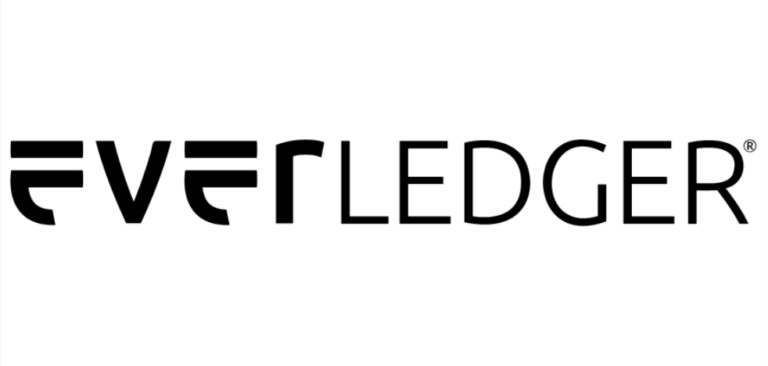Digital transparency company Everledger has announced the launch of a claimed world-first battery passport pilot with OEM Ford to ensure the responsible recycling of EV batteries.
The battery passport is a digital way to identify a battery and includes an array of information regarding the battery itself and also its material and component makeup. By using the solution, battery supply chain transparency and product lifecycle can be improved.
The pilot plans to use Everledger’s technology platform to track electric vehicle (EV) batteries throughout their lifecycle to ensure responsible management during use and also during recycling when the batteries reach the end of their service life.
The battery passport will enable Ford to gain visibility on out-of-warranty batteries and conduct responsible end-of-life recycling, all while gaining access to data such as recycled critical minerals produced and their associated CO2 savings. The two companies plan to track batteries in late and newer EV models for six months working in collaboration with US lithium-ion battery recyclers Cirba Solutions and Li-Cycle.
Everledger will use a range of technologies to track the battery lifecycle, including a combination of auto-ID, blockchain and artificial intelligence. When Ford produces its batteries, each inner module is tagged with a 2D data matrix code. These are then scanned by each company as the battery changes hands throughout its lifecycle.
These scans create a link within the value chain and enable reporting on a battery’s location, chemistry and other activities such as transportation, disassembly and recycling.
The pilot project comes ahead of the new European battery regulation, which will come into force in late 2022 or early 2023 and will require manufacturers to report on their extended producer responsibility for proper battery recycling.
Following six months of testing, the battery passport will be released commercially by Everledger.
“The Everledger Platform and its battery passport functionality position stakeholders along the supply chain to verify a battery’s material provenance, chemistry and identity, and measure its sustainability and environmental impact alongside creating a multi-billion-dollar global market for used batteries that maximizes the recovery of raw materials and accelerates the development of climate-friendly mobility,” said Leanne Kemp, founder and CEO of Everledger. “A fully connected and transparent battery passport, secured by blockchain technology, allows electric vehicle manufacturers and owners to track and report not only the lifetime journey of each battery but increasingly also where those critical minerals originated and how those mines stack up with the use of renewable energy, enabling brands like Ford to more easily report on climate action and Scope 3 emissions.”
Kemp continued, “The automotive industry is currently on the verge of electrical transition, and the responsible environmental performance of electric vehicles is of great concern. Ford, once again, has shown its global leadership by taking up the challenge to transform sustainably.”
“Cirba Solutions has been the leader in providing traceability and transparency in battery recycling for decades. We are pleased to support continued efforts to securely collect data enhancing traceability across the entire battery supply chain,” said David Klanecky, Cirba Solutions’ president and CEO.
Li-Cycle co-founder and CEO Ajay Kochhar added, “We are excited to be part of this innovative pilot project to better improve the understanding of EV batteries’ full lifecycle. This project will help support our goal of creating a closed-loop supply chain of critical battery materials to support EV production.”


